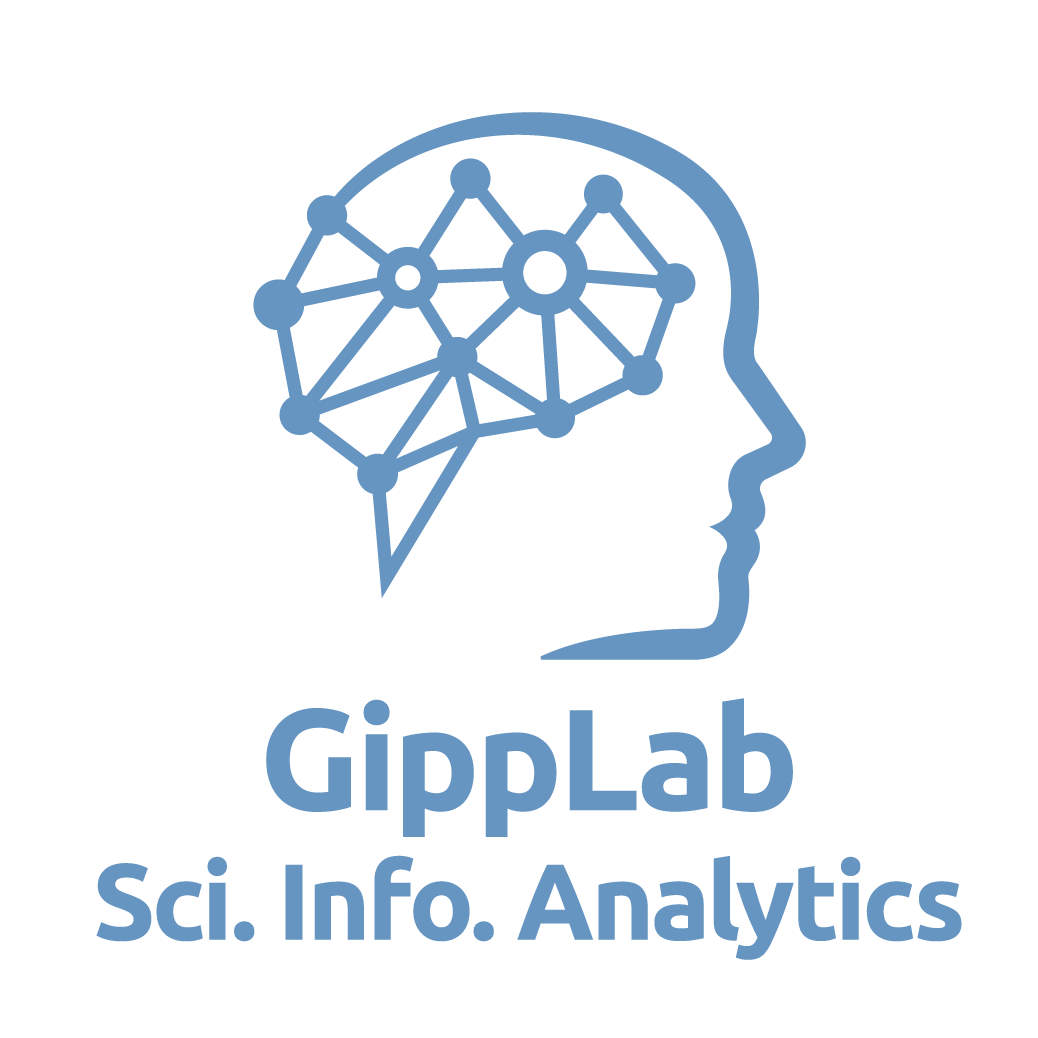The DAAD, or the German Academic Exchange Service, has recently announced a new Stipend Program called ”IFI” (Internationale Forschungsaufenthalte für Informatikerinnen und Informatiker).
The IFI Program is available to Master’s students, Ph.D. candidates, and Postdoctoral researchers enrolled at German Universities and studying or researching in the field of Computer Science. Participants of the IFI Program receive funding to research abroad for up to 6 months at renowned international research institutions. The IFI Stipend Program replaces DAAD’s previous program by the name of ”FITweltweit”.
To highlight the benefits of participating in DAAD Stipend Programs – and in particular the IFI Program – the DAAD recently interviewed Bela Gipp and Paula Herber, who were both recipients of DAAD’s research stipends in the past and are now professors. The full interview is available here (in German).
If you are even remotely considering the possibility of studying or researching abroad, we strongly encourage you look into DAAD’s valuable offerings for students and researchers.
Taking advantage of DAAD’s IFI Program to work at international research institutes, allows you to establish an international network, discover new cultures, and prepare yourself for an academic career.
The new IFI Program now also supports research visits in Canada, South Korea, and Israel (in addition to the U.S. and Japan). The complete list of host institutes is as follows:
- International Computer Science Institute (ICSI), Berkeley, USA
- Mila – Quebec Artificial Intelligence Institute – Montreal, Canada
- National Institute of Informatics (NII), Tokyo, Japan
- Pohang University of Science and Technology (POSTECH), Pohang, South Korea
- Seoul National University (SNU) Graduate School of Data Science, Seoul, South Korea
- Technion – Israel Institute of Technology, Haifa, Israel
- Vector Institute, Toronto, Canada
Overview of Links:
DAAD’S IFI Program, direct links for:
Master students (currently closed)
Ph.D. candidates (currently closed)
Postdoctoral researchers (currently closed)
Interviews with past stipend recipients can be found here.



